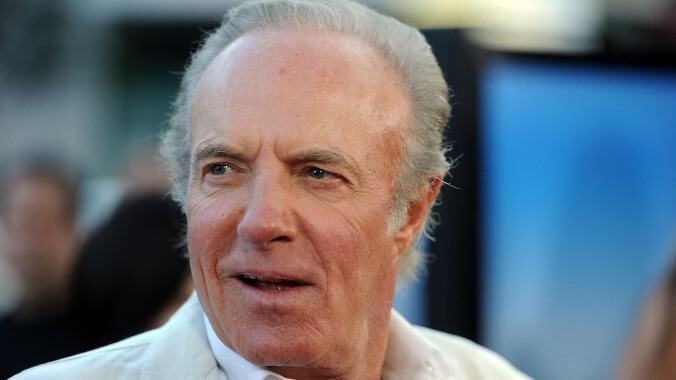R.I.P. James Caan, Oscar-nominated actor of The Godfather, Thief, and Elf
One of Hollywood’s most iconic and beloved stars, James Caan died at the age of 82

James Caan, the Hollywood actor known for imbuing his loose-cannon characters of The Godfather and Rollerball with empathy, sensitivity, and humanity, has died. He was 82.
The actor’s death was announced on his popular Twitter page, where he was known for throwing character-count concerns out the window by capping each post “end of Tweet.”
“It is with great sadness that we inform you of the passing of Jimmy on the evening of July 6,” the Tweet read. “The family appreciates the outpouring of love and heartfelt condolences and asks that you continue to respect their privacy during this difficult time. End of tweet.”
Despite making his name playing Italian characters, James Caan was born on March 26, 1940, in the Bronx, New York, to Jewish immigrants from Germany. His father was in the meat industry, and Caan turned to acting to escape it.
“My fear of going into the meat market,” Caan told The A.V. Club last month. “That was my family’s business, and I didn’t want to go there. I couldn’t see myself lugging meat around for a living. I tried a lot of things. Well, not really a lot of things. I mean, I played ball at Michigan State for a while, and then I transferred to Hofstra, having no idea what I was going to do. But I guess I enjoyed being a clown.”
Caan’s on-screen career began on the small one, television. In 1961, he appeared opposite the late Jean Stapleton and Dick York in an episode of the police procedural Naked City, playing, what else, a short-fused crook, simmering with internal conflict and fear. The archetype would be a fixture of his career.
After several years on television, Caan found himself working among the greats, appearing alongside John Wayne and Robert Mitchum in Howard Hawks’ El Dorado—Caan’s second time working with Hawks. But Caan quickly found his footing with a new batch of filmmakers, appearing in Robert Altman’s second feature, Countdown, and The Rain People, directed by a young Francis Ford Coppola.
The 1970s saw an explosion of success for Caan, beginning with the made-for-TV movie Brian’s Song, which saw Caan breaking his mold a bit, playing a dying football player who forged a strong bond with his teammate played by Billy Dee Williams. Caan would earn an Emmy nomination for the role, but the project he wrapped just before Brian’s Song would define his career: Sonny Corleone from The Godfather.
A far showier performance than the understated lead Al Pacino, Caan’s Sonny rocked theaters with his unpredictable rage, smoldering good looks, and undeniable cool. His performance would essentially rewrite the book for how to play gangsters in the modern age: A suave, sexy time bomb that’s impossible to turn away from. He may have been left out of the sequels following an unambiguous end against a hail fire of bullets, but Caan still nabbed a Best Supporting Actor nomination at the 1973 Academy Awards, criminally his only nomination for the statue.

 Keep scrolling for more great stories.
Keep scrolling for more great stories.